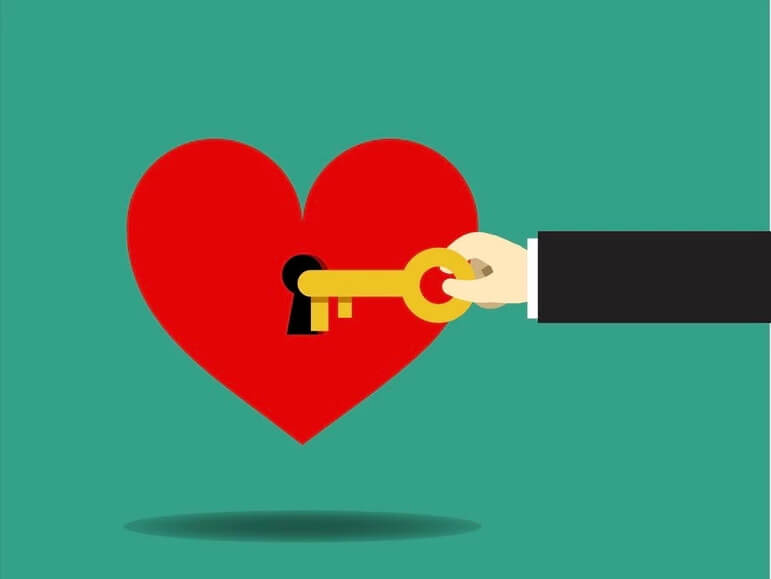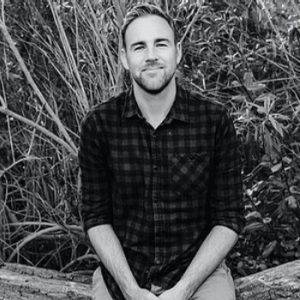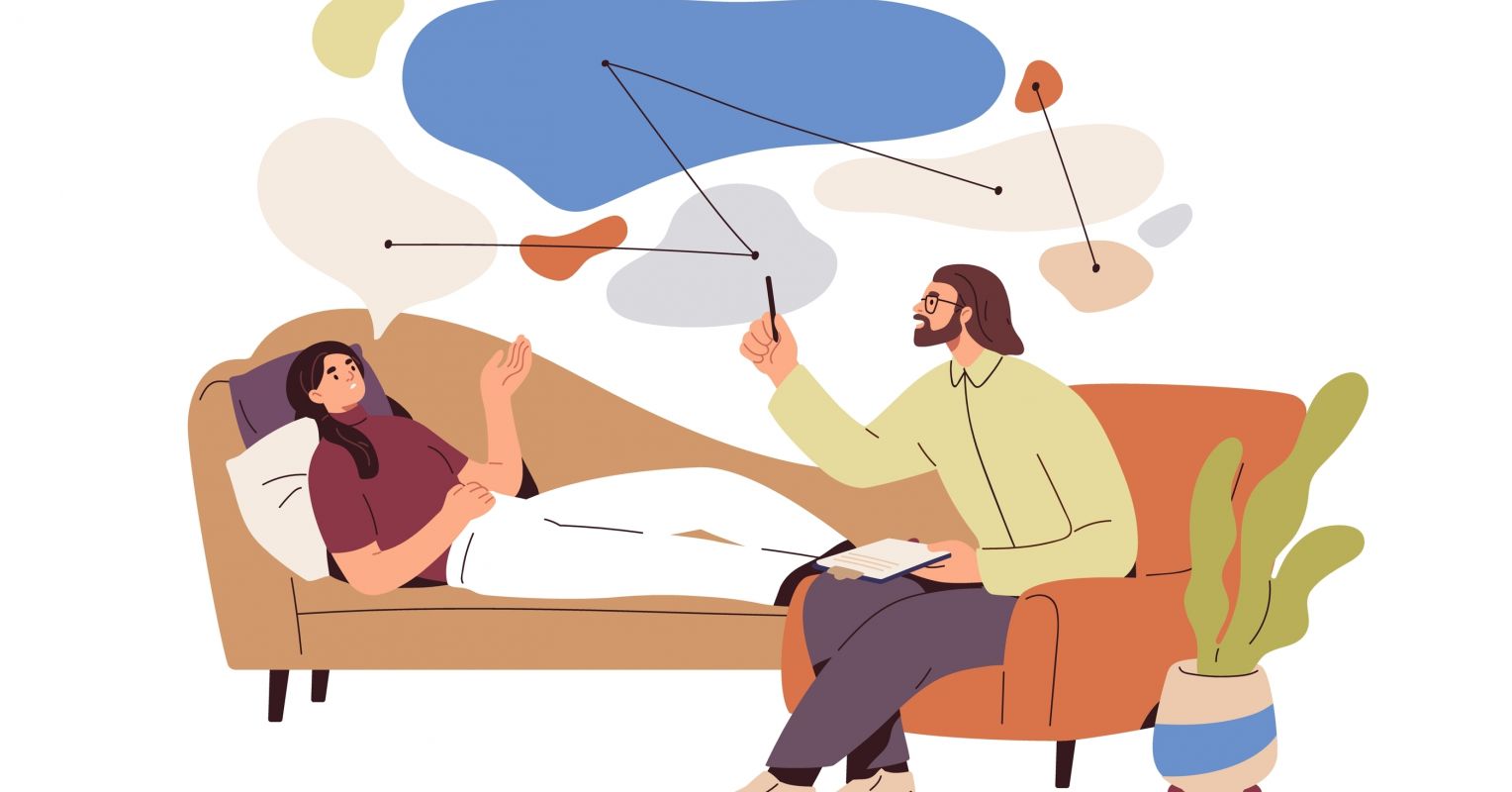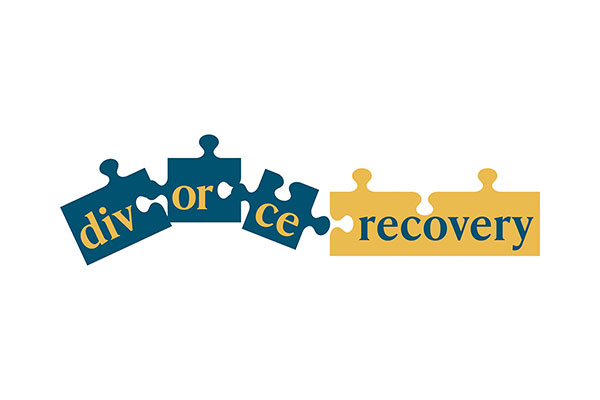Our goal since the moment we gasp our first breath is to connect and attach to the people waiting to care for us. We are quite literally born into relationships and we depend upon those relationships for survival. As infants, we learn very quickly what causes our caregivers to withdraw or worse get upset, even slightly, and we will disavow or bury whatever makes them anxious and acquire what we intuit they desire. We also internalize what goes on between our caregivers, the whole scene in the sponge-like manner only observed in children. As our inborn temperaments and genetic predispositions meet this overwhelming, complex interpersonal world our personalities, our “character habits”, our “defensive armor” begin to emerge and form. Out of these adaptive patterns, entirely unchosen, We begin to call ourselves a “me” and attribute these learnings, preferences, proclivities, likes and dislikes to that idea of “self.”
After all of that hard work, we don’t seem to go out and re-invent the interpersonal map again. No, no – that would be far too much work. Could you imagine having to figure out how to be in relationship with each individual person over and over again? We’d never learn how to surf, or work, or play the harmonica. Each person we meet for the first time truly isn’t “new”, we see them through the lens and template of our early relationships. Later, we go and find those that our conditioned style works with – our complimentary “other half”. We play our mother, our father, our childhood self in our adult relationships. Sometimes this model is totally functional and leads to a fulfilling, sound emotional life and relationships – other times it causes us a certain kind of pain, anxiety, or depression we can’t seem to get away from. We ask “Why am I always so lonely?” “Why can I never get what I want out of life?
“Why do I always find the same person again and again!?”, “Why can’t I get rid of this anxiety?”, “Why can’t I ever be heard!?”, or “Why does no one ever reciprocate my needs?” You see, we don’t turn 18 and suddenly drop all of our hard earned relational skills. We recreate the familiar without knowing – that’s home, that’s us, for better or worse.
As adults, we use our relationships to try and go back and regain some lost part of ourselves – to attain mastery over a frightening or vulnerable childhood scenario, to recreate familiar self-blame (and false power) in order to scathe off the terror of depending on someone undependable, or to seek nurturance from someone strikingly similar to an important early figure. Sometimes we succeed and a healthy relationship is entirely healing (but often less exciting than a reenactment), however, most of the time we try and get what we couldn’t from a different person with the same limitations. It’s all so unconscious. Somewhere deep in our mind, we know how that dance goes and we prefer the familiar misery to the misery of unfamiliar insecurity.
To get through unscathed is not possible, and there is no guilt or blame needed, this is important- it is simply hardwired into the journey of being human. Suffering is part of living and perfection is not possible – hence the famous psychologist DW Winnicott’s revised standard of the “good enough” parent . There’s no one to blame. Less conscious parents often blindly pass on their own trauma’s, or in an attempt to repair their childhood wounds pass on a new but eerily similar disappointment or hurt. Therapy offers a unique environment in which this can be understood, learned, and worked through. Couples who enter my practice learn to heal each other with these insights and take care of each others pasts, wounds, and hopes. This is often the basis of intimacy and the transformative, healing power of a real marriage or partnership. A healthy therapeutic relationshipThe Therapeutic Relationship is the bond formed between the therapist and client, which plays a cruc... changes these implicit models for the individual. It offers a path to reclaiming lost feeling, lost self, and profound self-awarenessSelf-Awareness involves recognizing one’s thoughts, feelings, and behaviors in a non-judgmental ma... – giving us a key to the door into the small bit of free will we might actually have. It is a path where important new skills are learned and the unhealthy, confusing, relationship distancing repertoire of skills acquired early on in life can be slowly let go in exchange for a better way of being in the world. Therapy is the safe place to explore and begin anew.





